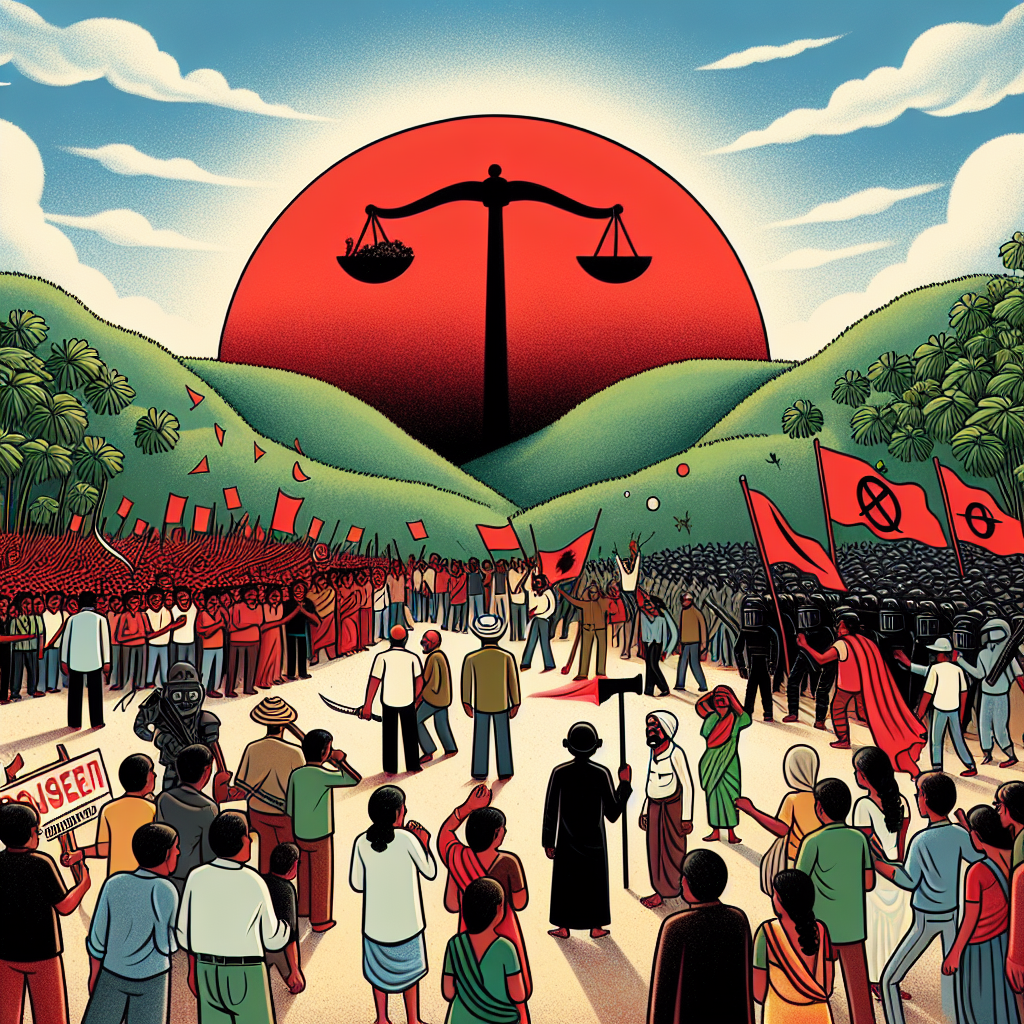Cross-Border Tensions: The Murshidabad Crisis
Allegations point to Bangladeshi radicals, possibly with the aid of political leaders, fueling violence in Murshidabad, West Bengal. The unrest, tied to anti-Waqf law protests, resulted in three deaths. Security forces have been heavily deployed to restore order, as the situation slowly stabilizes.

- Country:
- India
Allegations have surfaced pointing to the involvement of Bangladeshi radicals, possibly aided by local political figures, in recent violence in Murshidabad, West Bengal. Intelligence reports suggest that these radicals were instrumental in the unrest triggered by protests against the amended Waqf Act, resulting in three fatalities.
The Union home ministry is monitoring the developments closely, deploying central forces to collaborate with the state police for law enforcement. The Border Security Force (BSF) has been tasked with strict border monitoring to prevent any illegal infiltration, as tensions run high in the West Bengal region.
Security agencies, including the BSF, CRPF, state police, and RAF, have increased their presence in affected areas such as Jangipur and Dhuliyan to maintain peace. Reports indicate a gradual return to normalcy, with businesses reopening and displaced citizens beginning to return home.
(With inputs from agencies.)
ALSO READ
West Bengal Unrest: Calls for All-Party Meeting Amid Murshidabad Violence
West Bengal Waqf Act Protests: A Call for Peace Amidst Chaos
Cleric Denounces Violence Amid Waqf Act Protests in West Bengal
West Bengal Teachers Demand Justice After Supreme Court Ruling
Security Tightened Amid Protests Over Waqf Act in West Bengal










